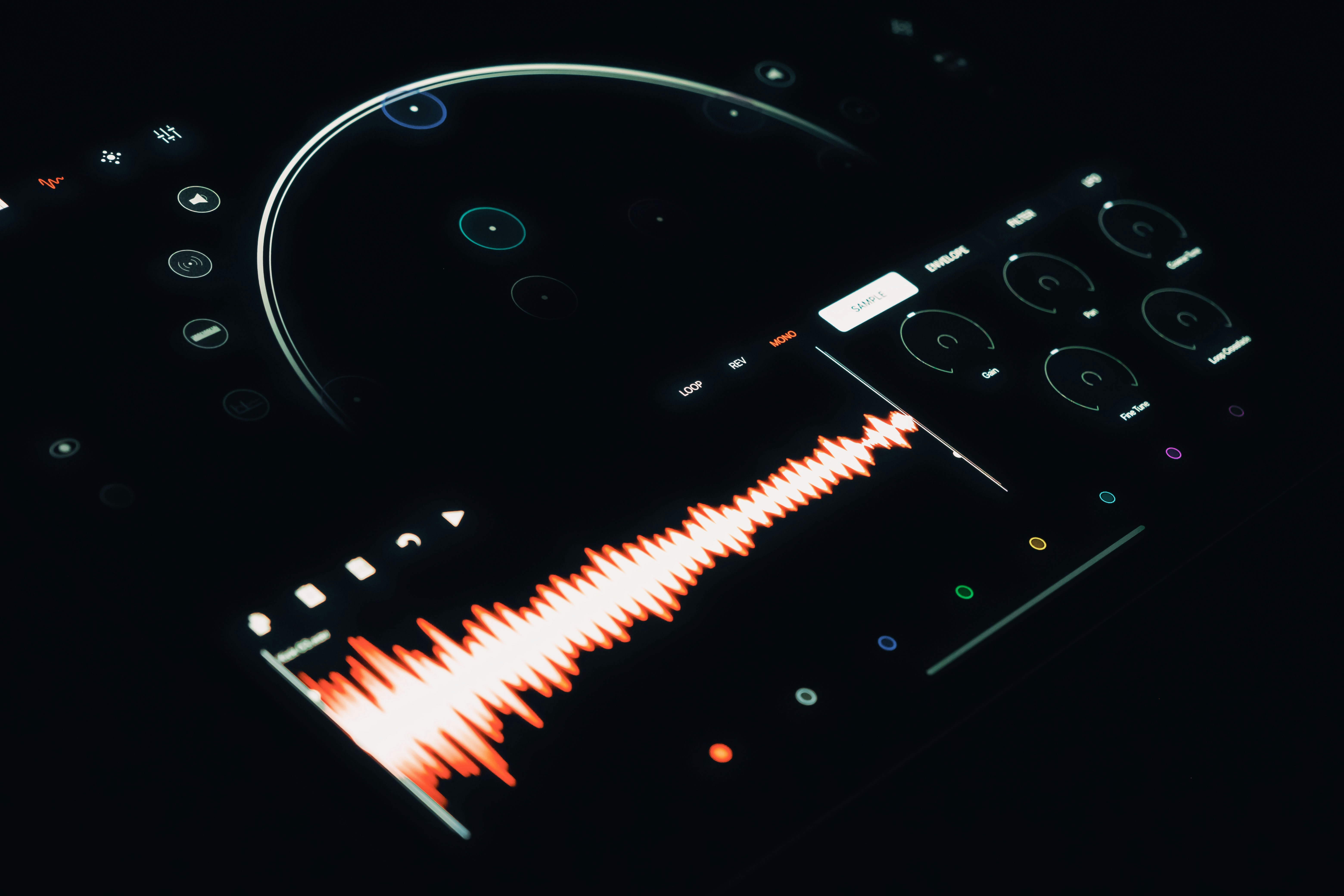1. Pull-to-refresh with subtle feedback
The classic swipe-down-to-refresh gesture still works—but today’s users expect more than a spinning icon. Add:
A progressive animation that evolves as they pull
A slight haptic nudge when refresh activates
A satisfying visual cue to confirm success
This turns a utility action into a micro-moment of delight.
2. Like/Save with animated confirmation
Tapping a heart or bookmark is emotional—so the feedback should feel satisfying. Try:
A bounce or pop effect
A color transition or ripple
Optional sound cue (for accessibility or gamified apps)
This small touch makes actions feel responsive and rewarding.
3. Button press animation with tactile feedback
Flat, unresponsive buttons feel outdated. Instead:
Add depth or glow when pressed
Trigger a micro haptic response
Animate transitions subtly as the screen changes
This gives users a clear sense of “I tapped something and it worked.”
4. Error shake or bounce on form input
When a user mistypes a password or leaves a field empty, don’t just show red text:
Use a gentle shake animation to guide attention
Combine with voice or tooltip feedback for accessibility
Let the interaction feel human—not punishing
This makes errors feel like part of the flow, not a roadblock.
5. Animated loading states
Spinners are out. In 2025, loading screens are:
Branded with subtle motion that reinforces your visual identity
Progressive (users see % or next step)
Distracting in a good way—short tips, animation loops, or micro quizzes can reduce perceived wait time
Your loading UI is a prime moment to build connection.
6. Contextual success animations
Whether sending money, completing a form, or uploading a file:
Show a brief success animation (checkmark, sparkles, pulse)
Add a sound or celebratory micro-detail
Reinforce with haptic confirmation
This gives users a mini dopamine hit and increases task satisfaction.
7. Tab and menu transitions
Navigation often feels invisible—but smooth transitions can change that:
Use fade, slide, or zoom effects when changing tabs
Keep motion subtle and fast—<200ms
Reflect hierarchy (e.g. forward = push, back = pull)
It’s about helping users feel oriented and in control.
Summary and what to try next
Microinteractions are the UX glue that holds together trust, clarity, and enjoyment. In 2025, your app doesn’t need thousands—but it must have the right ones. Start by implementing these seven, test with real users, and tweak for performance. It’s the polish that makes users stick around.





